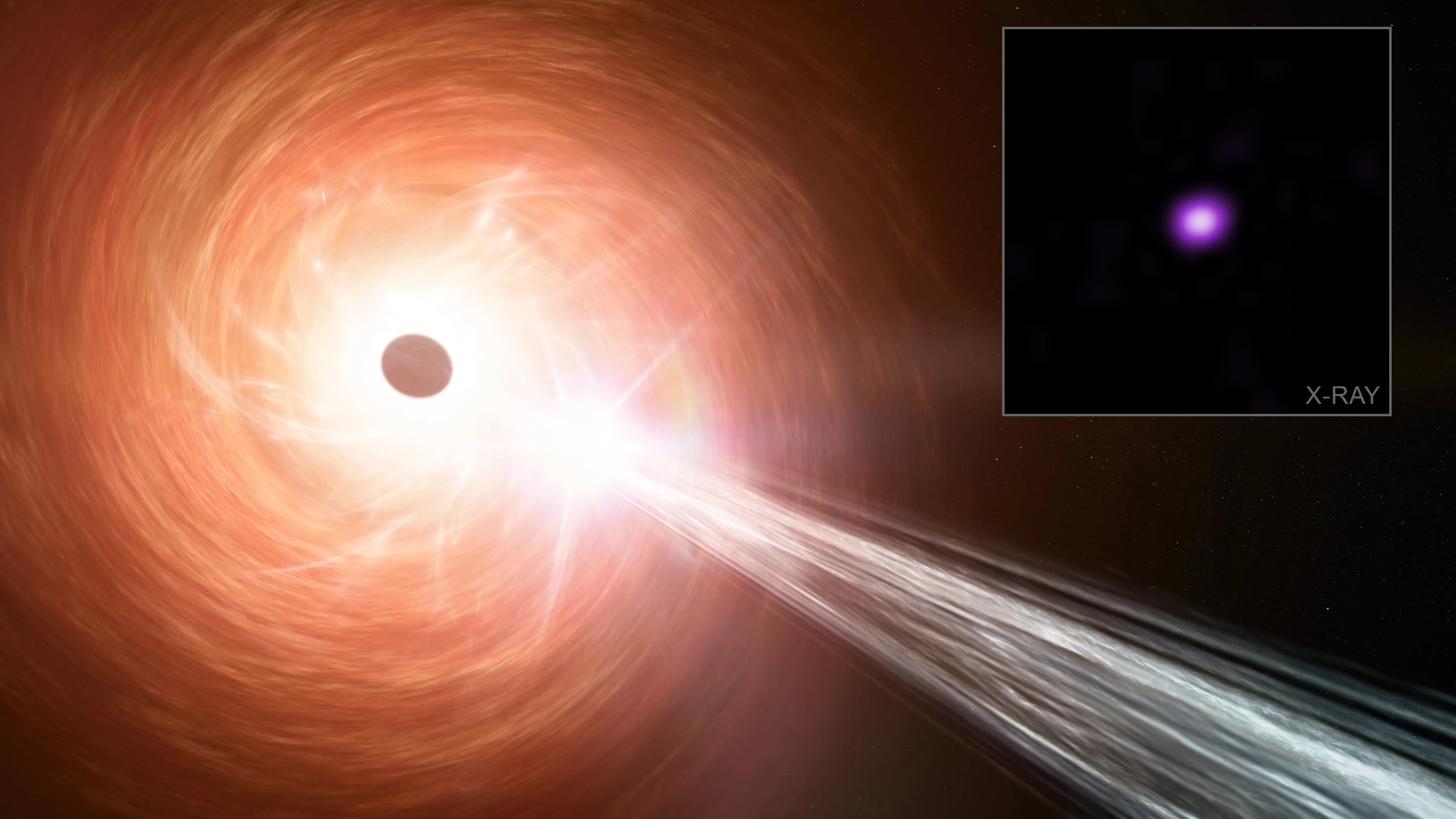Astronomers have discovered a massive black hole in the early universe that challenges existing scientific theories. This black hole is growing at 2.4 times the Eddington limit, which is the maximum rate scientists thought possible for black holes to consume matter.
What Makes This Black Hole Exceptional?
The Eddington limit acts as a theoretical speed limit for black hole growth. When matter falls into a black hole, it emits radiation that pushes outward, keeping the black hole from swallowing more material too quickly. However, researchers found this black hole defies that rule. It consumes material at an unprecedented rate, making it one of the fastest-growing black holes ever observed. Scientists believe that studying this unique black hole could help answer long-standing questions in astrophysics. How did supermassive black holes form so quickly after the Big Bang? This discovery could provide crucial insights into the mysterious early days of our universe.
Scientists believe that studying this unique black hole could help answer long-standing questions in astrophysics. How did supermassive black holes form so quickly after the Big Bang? This discovery could provide crucial insights into the mysterious early days of our universe.
Implications for Astrophysics
Understanding why this black hole breaks the rules will help astronomers refine their models of black hole growth and galaxy formation. Future observations could reveal even more surprises lurking in the cosmos.
Sources:
Original Article on LiveScience